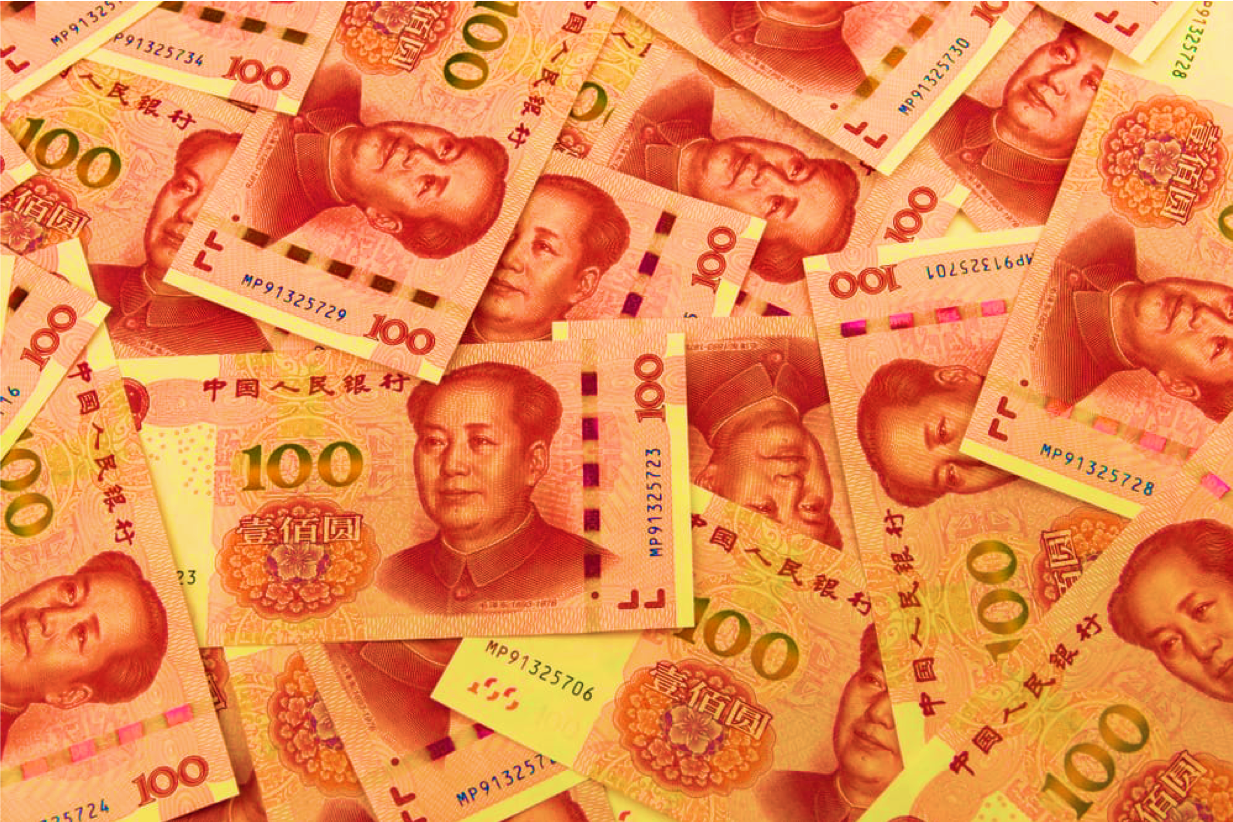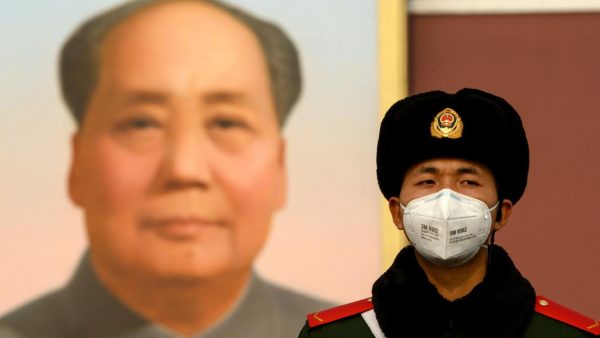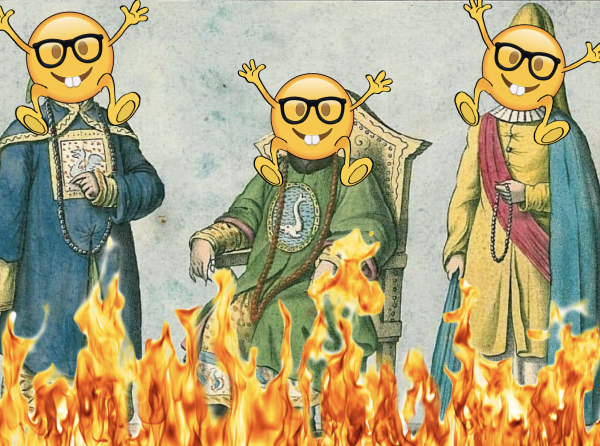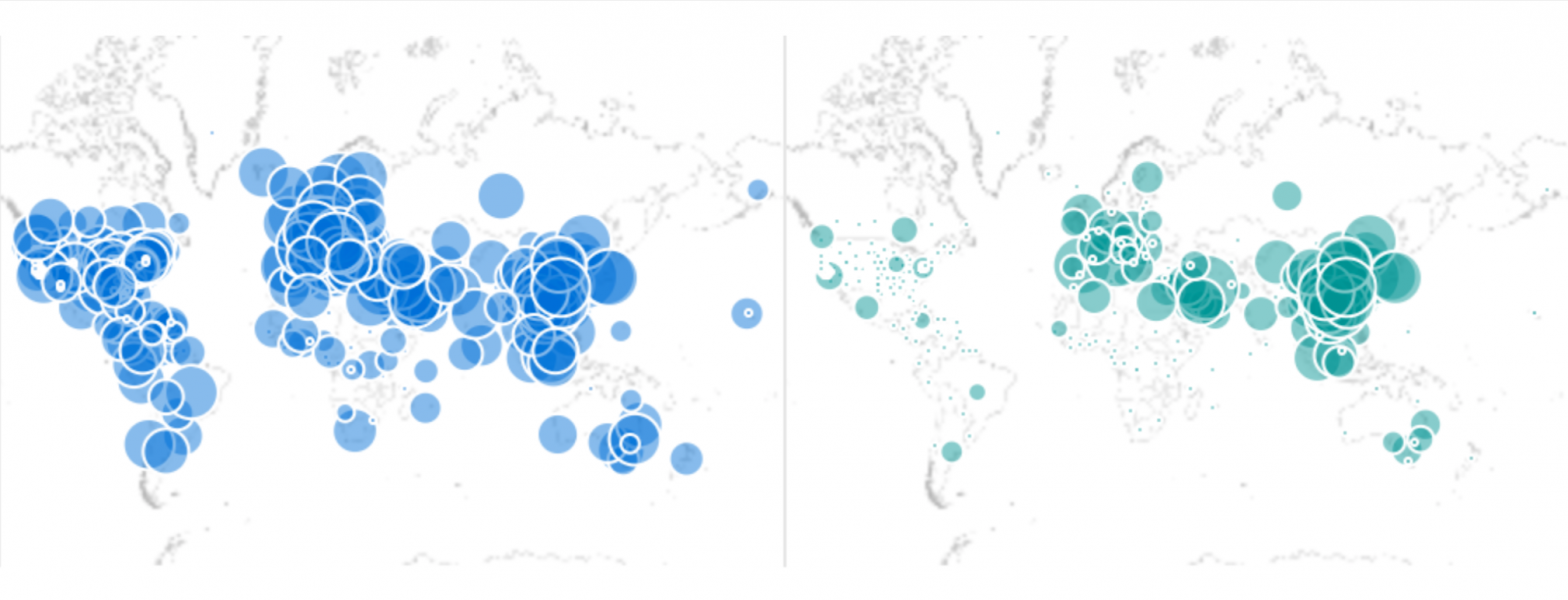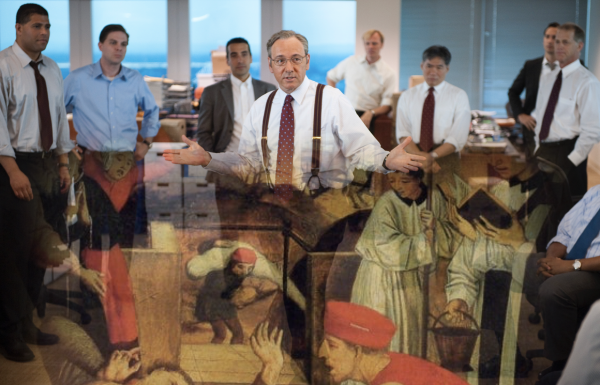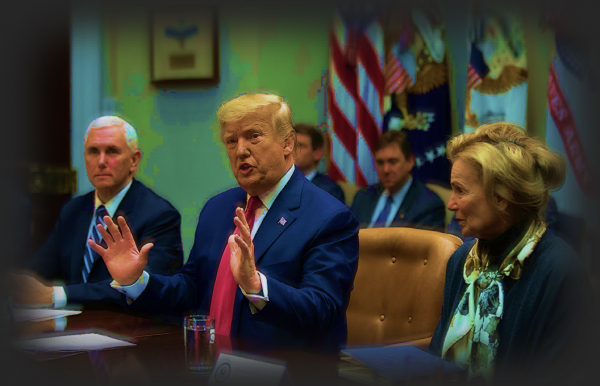The decisive move will show the CPC we mean business.
Novel Coronavirus, Ancient Economics
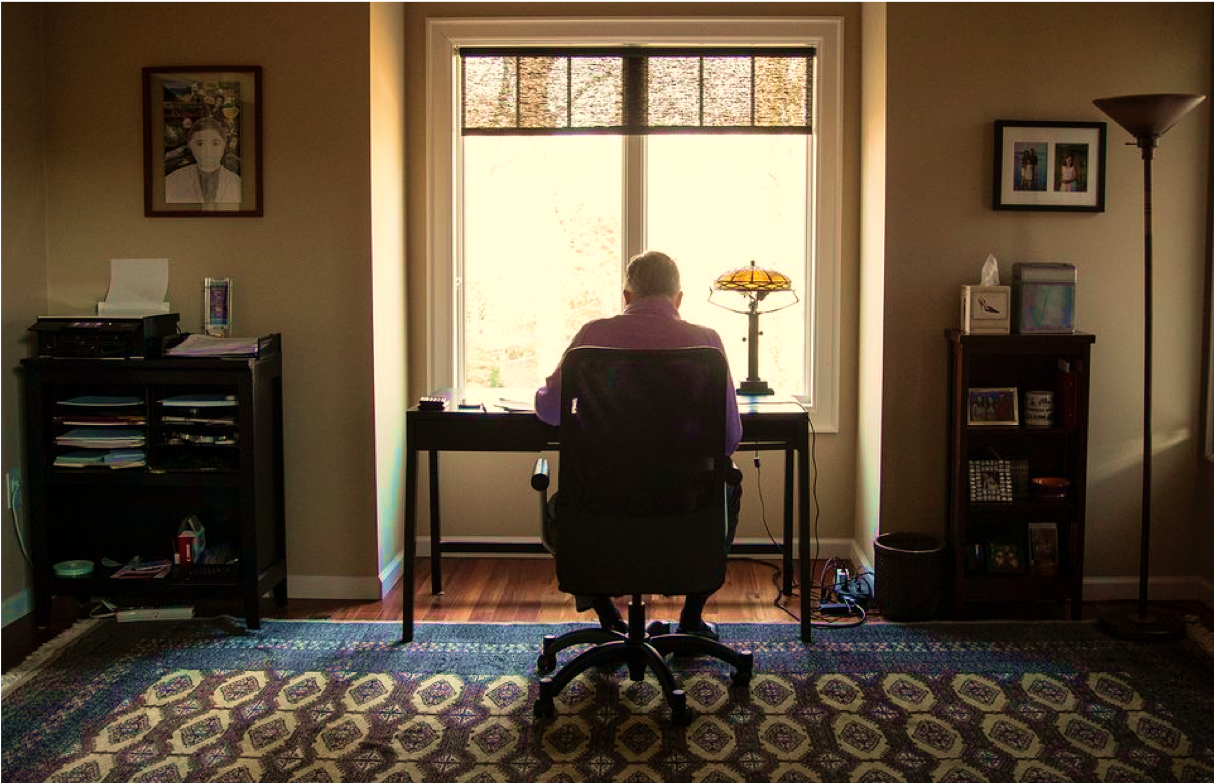
For the first time in centuries, we’re bringing it all back home.
A lot of unhappy people are stuck at home right now because of the Coronavirus. And who can blame them? There’s little to do besides plug into some electronic device—either to telecommute, or to seek diversion. In a way there’s nothing new here. Blaise Pascal famously noted: “All of humanity’s problems stem from a man’s inability to sit quietly in a room alone.”
In fact, there’s a good chance that you’re reading this while sitting in your pajamas alone at home while wishing you were someplace else. I am here today to serve as your distraction du jour.
Back to Business
Most people don’t know that Cincinnati, Ohio was named for George Washington. The founder of our country was known as the American Cincinnatus because, like the original Cincinnatus—patrician and savior of Rome—he went home after his public service was done.
Sometimes when public figures leave the public eye, they say something like, “I need to spend more time with my family.” But we hardly believe them. We suspect, often rightly, that they’ve been forced out—that there’s been some maneuvering behind the scenes, and they’ve been thrown the bone of early retirement instead of suffering the ignominy that comes with a pink slip.
Going home for Washington wasn’t the same thing as sitting alone in a room. But most of us don’t know why. That’s because minding your own business used to mean more than just keeping to yourself. It meant minding your actual business, and that was almost always done from home. Whether you were a farmer or a blacksmith, your work was usually out behind the house or downstairs in the shop. Compared to the grand sweep of human history, the change that drove us out of the house happened just yesterday. But the Coronavirus is helping the aging process. The Industrial Revolution is beginning to look like old news.
The Law of the House
George Washington had neglected his own affairs as he served the public good. He wanted to get home so that he could get back to work. He had fields to cultivate, and things to build. He had an economy in the old fashioned sense of the word. Recently that word seems to apply to anything except what we do at home. Back in the 50s and 60s girls took Home Economics in high school; but even in those days it was an anachronism and an embarrassment.
The word economics comes from two Greek words: oikos, meaning house, and nomos, meaning law. An economy was the law of the house. It was an ordered state of affairs, with a head of house and meaningful, productive work being performed by every member of the household—children included.
This, by the way, is the real reason we had child labor in the Industrial Revolution. Children have always worked alongside their parents. So when mothers went into the factories, their daughters went along with them, and when fathers went into the mines, they took their sons.
Today the Coronavirus has sent children home from school to be with their telecommuting parents. And while the kids do their homework online, there is a strange sense that something both novel and yet very old may be emerging in the world. Work and home are being sewn back together again—into the venerable law of the house.
The Return of Proprietors
At some point I’m sure that many people will gratefully rush back to “the workplace” (since they like their children well enough to spend their leisure time with them, but not an entire day, every day). Still, there will likely be a number of people who ask, “Why can’t I just stay home? If working from home worked well enough during the COVID-19 pandemic, why not all the time?”
Employers were already sending people home for their own reasons. That, along with the gig economy, has had a lot of people worried. Honestly, it’s made me optimistic. For the first time in a long time people are being forced to take responsibility for themselves. There’s just one more thing that needs to happen. Productive property needs to come home.
Before the Industrial Revolution many of our ancestors owned their livelihoods. Households in those days didn’t just shelter people—they sheltered property, as in real property. But we may be on the cusp of something that would have seemed impossible even 20 years ago: a hybrid economy of diffused production, bringing together productive households and global markets, made possible by information technology and boutique manufacturing. And COVID-19 is playing a part in this.
I’ve written about the return to proprietorship in my books, Man of the House and The Household and the War for the Cosmos. And I’ve seen a groundswell of interest in the hybrid global-market household. And as I’ve already noted, in a strange and providential way COVID-19 is helping it along. Providence isn’t always pleasant, but it does have a way of bringing good out of evil.
With the success, and now the broad acceptance, of the homeschooling movement, as well as the home-elder care tsunami in all the nations of the West and some in the East, we’re losing the incentives that we once had for sending our kids and our parents off to the experts to care for. There are many challenges to bringing things back home. But it is happening. But we need one more thing. Telecommuting is not enough; we need a society of proprietors.
That’s the next revolution. We need to bring ownership back home. If we can manage to do that, the specter of socialism will fade away and it will be replaced by a reinvigorated yeomanry and a revival of republican virtue—the virtue of the res publica.
Ownership is the key. Our founding fathers knew it, and the ancients did, too. That’s why they limited the franchise to owners. They weren’t thinking about toothbrushes when it came to property. They had businesses, trades, timberland, and farms in mind. Real property is a school of virtue because if you lack patience, fortitude, prudence, and above all, an ability to defer gratification, you won’t keep it very long. And when people don’t own property of this sort where do you suppose they turn when they’re in need? You know. Remember, Marx didn’t invent the word “proletariat.” It comes from the Latin for “freeman without property.” When you have a mass of people like that they tend to vote for Bernie.
If we can see a revival of ownership, if we see people take their livelihoods into their own hands, then the socialists who run our public schools and dominate higher education won’t find such a ready audience among our children. They’ll feel push-back. And it won’t be because parents have taken their kids to work—it will be because the work has come home to stay.
The American Mind presents a range of perspectives. Views are writers’ own and do not necessarily represent those of The Claremont Institute.
The American Mind is a publication of the Claremont Institute, a non-profit 501(c)(3) organization, dedicated to restoring the principles of the American Founding to their rightful, preeminent authority in our national life. Interested in supporting our work? Gifts to the Claremont Institute are tax-deductible.
In wars, men die.
Facing up to the failed state of America's mandarin class
Don’t let the Left use your panic for their gain.
We blew it. Normies are paying a heavy price.
It’s complicated, but we’ve been preparing for this.

